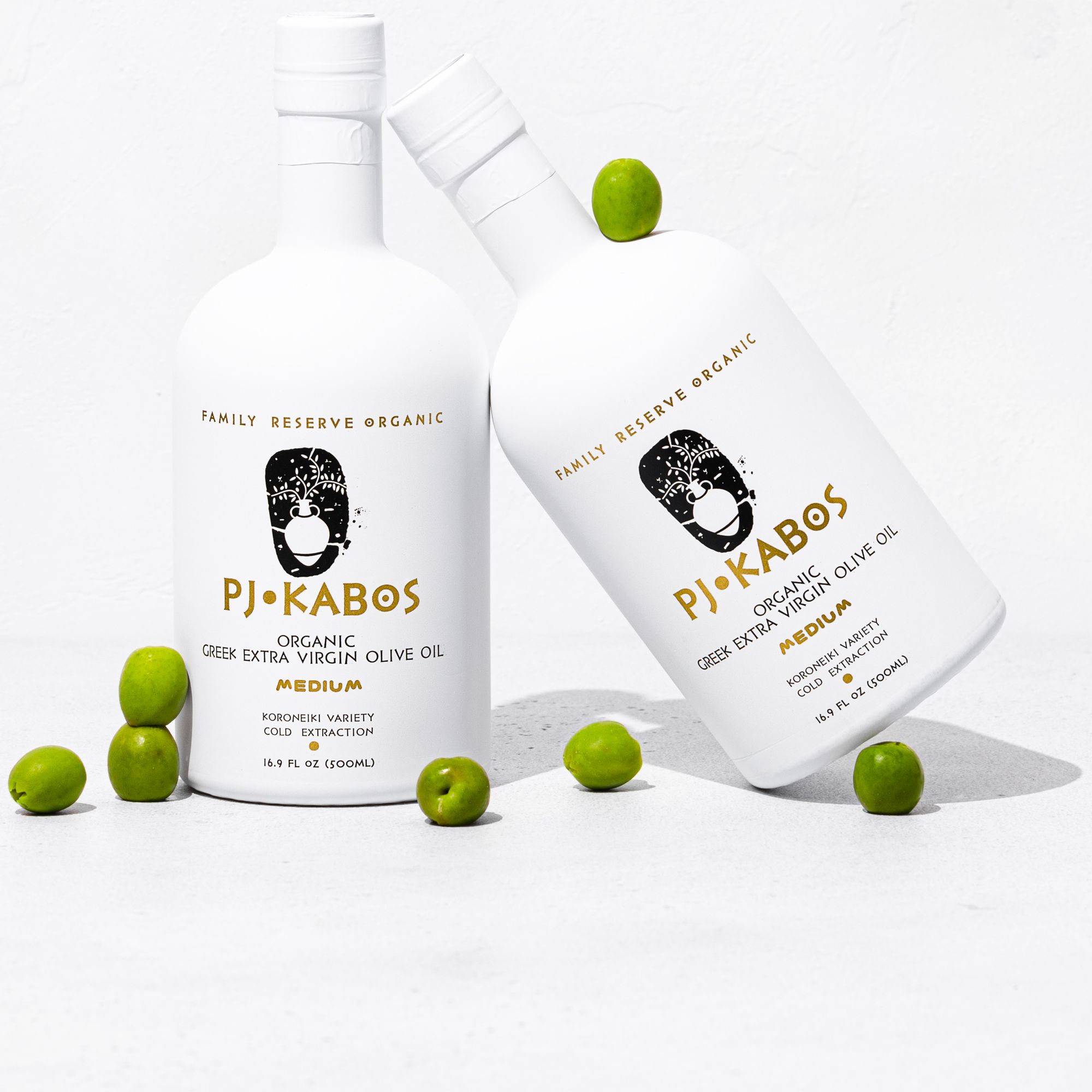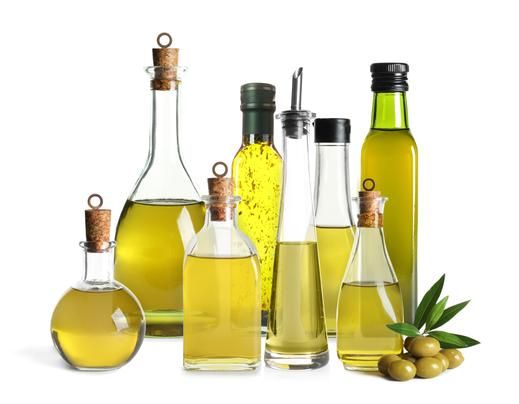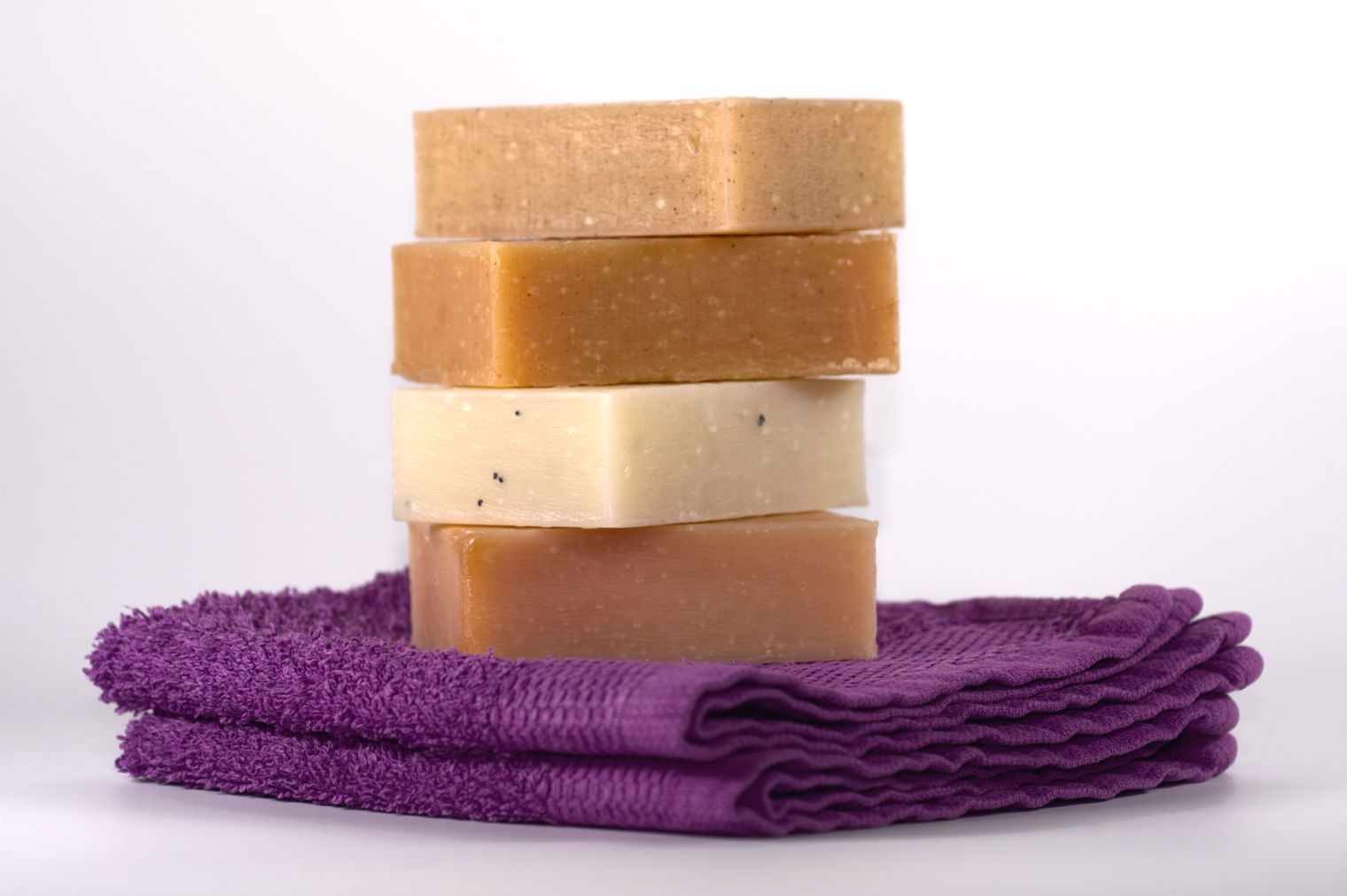Facial oils are a popular trend in the skincare world, countless tiny bottles promising a glittering, youthful glow. There’s marula oil, rosehip oil, pumpkin seed oil, jojoba oil, and the list goes on and on. These little vials can get pretty pricey, like the cult favorite that retails at $185 for 35ml.
But you don’t need to hit Sephora for every skincare oil to supplement your beauty routine. You might already have it in your cabinet: olive oil.
It could even be a two-for-one. Some science shows that your skin could benefit from eating olive oil, too. Here’s all you need to know about olive oil for your face and body, inside and out.
Is Olive Oil Good For Your Face?
It might sound a bit strange to slather your face and skin in olive oil, but it’s nothing new. Olive oil was used as a moisturizer in Ancient Greece. Cleopatra is said to have used it. And for good reason – the ancients knew that olive oil is incredibly moisturizing. The oils penetrate the skin and leave it with a light sheen.
While applying olive oil to your hands or legs sounds like an easy DIY leap, many of us put more thought into the products that go on our face. While it’s important to treat all your skin with care, the skin on your face is more prone to acne, blackheads, and excess oil. It’s also how we present ourselves to the world, so we want to be extra cautious!
Thankfully, research has shown that olive oil has benefits for the face and the rest of the skin. However, to get the maximum skin benefits and avoid unwanted side effects, you’ll need to apply it properly. Here’s how to use olive oil for your skin and face, and why you want to.
Benefits Of Olive Oil On The Face And Skin
It’s moisturizing.
This may be obvious, but it’s worth diving into. Olive oil does moisturize the skin, thanks to its high fatty acid content. According to respected skincare source Paula’s Choice, olive oils contain essential fatty acids that benefit dry skin, including oleic acid, palmitic acid, and linoleic acids.
That said, as Harper’s Bazaar explains, olive oils do not hydrate the skin. Here’s why: There are two main types of moisturizers: occlusives and humectants.
- Occlusives are oils and creams, which coat the skin and seal moisture inside, keeping it from evaporating.
- Humectants, on the other hand, are like little magnets that attract moisture from the environment or the cream itself and draw it into the skin. Some common humectants in skincare products are hyaluronic acid and glycerin.
As olive oil, like all other oils, is an occlusive, it does part of the moisturizing job. That’s why it’s best to use olive oil in conjunction with another face lotion.
However, olive oil is an emollient, which means it smooths and softens skin. An emollient gives skin the feel of being supple and moisturized.
Extra virgin olive oil contains powerful antioxidants.
Extra virgin olive oil contains antioxidants, a substance that prevents oxidation, a process that can produce free radicals. Free radicals are potentially dangerous chemicals that can damage cells and, in the worst cases, could lead to the development of cancer
According to Medical News Today, antioxidant properties may prevent premature aging when applied to the skin. What’s more, some intriguing research suggests that applying olive oil after sun exposure could protect against skin cells that cause cancer.
In this study, researchers applied olive oil to the skin of mice after they were exposed to UV rays. The mice with olive oil had significantly less tumor growth than the mice that were not wearing olive oil. While these results are promising, more research is needed on human skin.
As cosmetic chemist Ee Ting Ng told Byrdie, antioxidants also work to combat redness and signs of irritation.
Extra virgin olive oil is high in vitamins.
Extra virgin olive oil is contains vitamins, including A, D, E, and K. According to Medical News Today, these may be beneficial for the skin. Vitamin E in particular is a common skincare ingredient, used to treat psoriasis and eczema and prevent scarring.
Olive oil removes makeup.
Thanks to its slick consistency, olive oil can be used to remove waxy makeup like eyeliner and waterproof mascara. As aesthetic plastic surgeon Paul Lorenc explained to Byrdie, olive oil can put in some extra work while it’s removing makeup.
“With the added benefits of antioxidants and hydrating squalene, it moisturizes the delicate skin in the eye area, plus nourishes eyelashes the same way conditioner works on the hair,” he said.
While olive oil is great at removing stubborn makeup, it doesn’t remove all the dirt from the skin. For that reason, it’s best to pair olive oil with another makeup remover or cleanser.
Olive oil may have antibacterial properties. (But beware!)
For those with acne-prone skin, olive oil could have some added benefits. Olive oil is antibacterial, which means it could kill some of the bacteria that causes acne to form. This claim is supported by some research, but more studies are needed.
If you have acneic skin, be sure to do a spot test first. As Byrdie warns, olive oil can clog pores and cause a breakout. It’s best to test a bit on your chin line or another area before you apply to the whole face.
However, board-certified dermatologist Sandy Skotnicki told Byrdie that olive oil doesn’t seem to have the same antibacterial effect as some other plant oils, like coconut oil.
Either way, the side effects can be tempered by choosing the right olive oil and learning how to properly apply it. Here are the potential side effects of applying olive oil to the face.
Side Effects Of Olive Oil On The Face And Skin
For some people with acneic skin, it’s possible for olive oil to do more harm than good. As Ng told Byrdie, “The fatty acids prevalent in olive oil—and all plant oils and butters in general—are the very food source for acne-causing bacteria and yeasts to grow. Thus, olive oil is not ideal for acne-prone skins.”
There’s another group who should probably leave the olive oil for lunchtime. Ng said, “If your skin skews oily, it naturally produces high levels of sebum, making the need for more emollients unnecessary in your daily routine.”
How To Apply Olive Oil
- As olive oil is an occlusive moisturizer, sealing in moisture like plastic wrap, olive oil should be applied at the end of your skincare regimen. For daytime use, that means it should be your last product before sunscreen.
- Ng suggests mixing olive oil with a moisturizer. As with all moisturizers, she recommends applying right out of the shower or bath, when your skin is slightly moist.
- Lorenc also told Byrdie not to overdo it. The benefits of olive oil can be felt with just a thin layer. In fact, too much can cause clogged pores, depending on your skin type.
What Kind Of Olive Oil Should Be Used For The Skin?
Ideally, you should use organic extra virgin olive oil (EVOO). This olive oil contains the highest concentration of antioxidants and vitamins, and uses no preservatives. For those who like to keep their olive oil where they can eat it, there’s no need to raid your kitchen. Olive oil is an ingredient in many skincare products.
Is Eating Or Drinking Olive Oil Good For Your Skin?
Consuming olive oil is the best way to experience its many science-backed benefits, from cardiovascular health to gut health. As some research shows, eating olive oil may also help your skin.
However, some research suggests that olive oil – along with a Mediterranean style diet – may help reduce risk of certain types of skin cancer, including melanoma. Why? The polyphenol compounds in olive oil have been shown to reduce inflammation, interfere with the cancer cells’ ability to metastasize, and even induce apoptosis (programmed cancer cell death). Consider olive oil your skin’s new ally, both inside and out.
Sources:
https://www.medicalnewstoday.com
https://www.medicalnewstoday.com
https://academic.oup.com/carcin
Product placement
PJ KABOS 'Family Reserve Organic - Medium'
High Phenolic and 2022 Gold-Award Winner.
Declared as 'One of the World's Best Olive Oils'.
Click here to shop.





